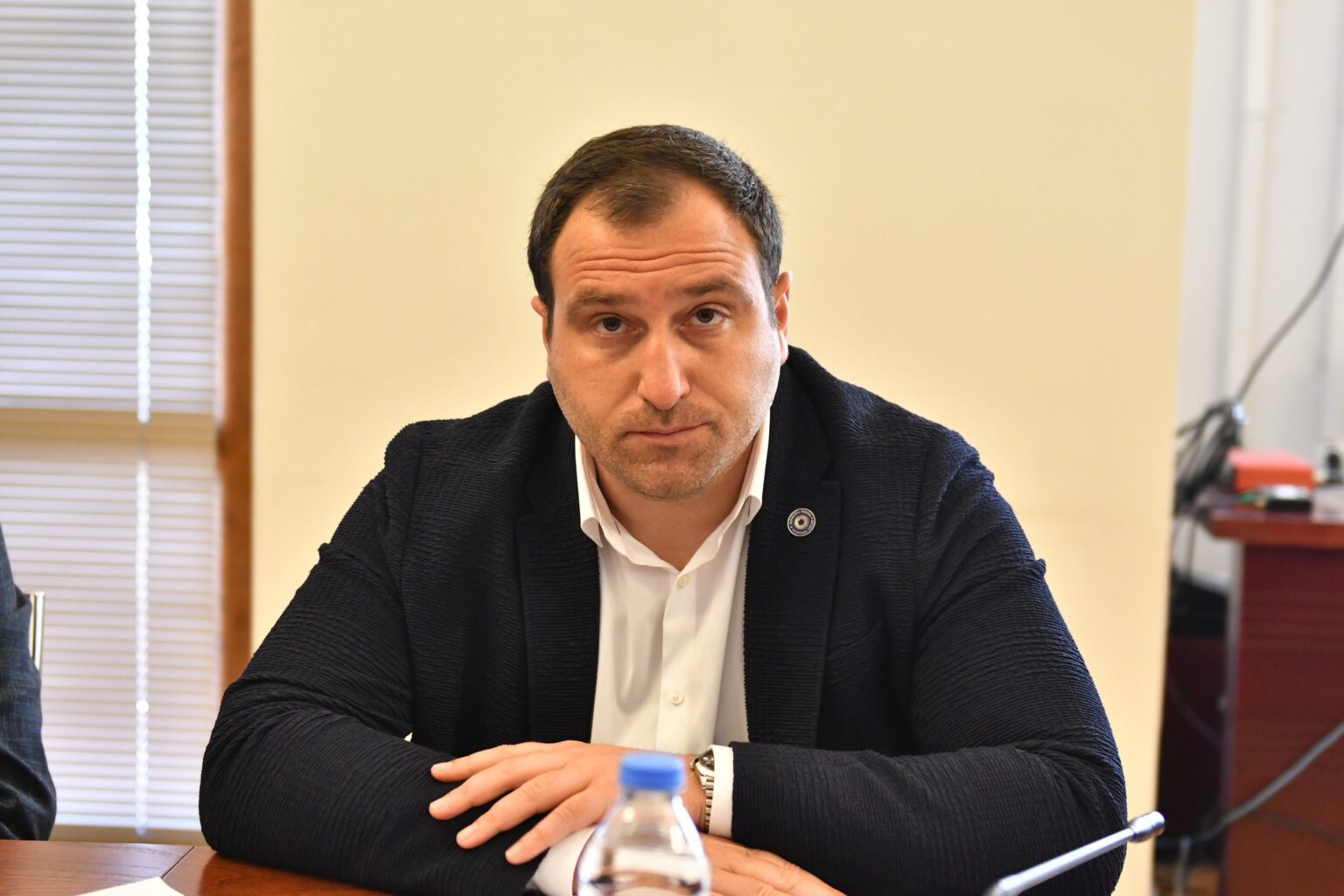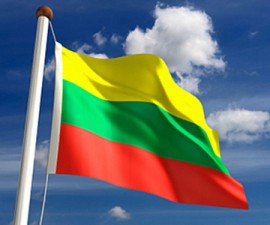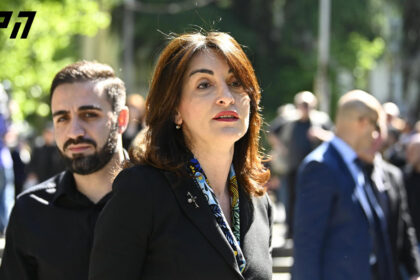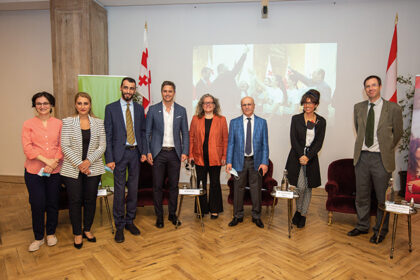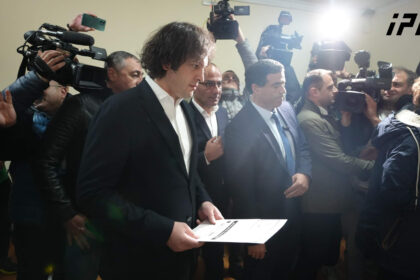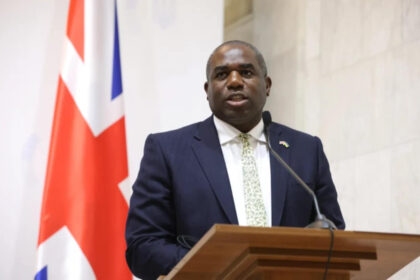**Georgian Dream Files Complaint Against Critics**
The Georgian Dream (GD) faction in Georgia’s one-party parliament has taken a step that is being seen as an attempt to silence its critics. The GD lawmakers have filed a complaint with the Interior Ministry against people who they consider have insulted them online.
According to Irakli Kirtskhalia, a GD MP, this move is necessary because of the “externally funded hate speech campaign” that they claim has been targeting them. He said that the complaint concerns comments made on social media and in public spaces that are considered insults.
This development comes amid ongoing tensions between the government and opposition groups in Georgia. Recently, there have been cases where activists were fined or sent to administrative detention for confronting GD MPs and using language deemed as “insults”.
The GD’s move has raised concerns among civil society groups. Nona Kurdovanidze, head of the Georgian Young Lawyers Association, said that this step is a “step backward” in terms of freedom of expression.
**Background**
In February, the government passed amendments to legislation that made insulting officials an administrative offense. These changes were criticized by the Venice Commission, which warned that they could be used to silence critics and restrict freedom of speech.
Since then, several activists have been fined or sent to administrative detention for using language deemed as insults against GD MPs during public confrontations.
**Analysis**
The GD’s move is being seen as an attempt to restrict freedom of expression and silence critics. By filing a complaint with the Interior Ministry, they are trying to use the law to target people who speak out against them online.
This development comes amid ongoing tensions between the government and opposition groups in Georgia. The GD’s actions may be aimed at limiting public debate and restricting the ability of citizens to criticize those in power.
**Commentary**
The GD’s move is a concerning development for civil society groups and human rights organizations. It raises questions about the limits of freedom of expression and whether the government is using laws to silence critics.
As Nona Kurdovanidze said, this step is a “step backward” in terms of freedom of expression. It is essential that citizens are allowed to express themselves freely online and offline without fear of reprisal or punishment.
Read More @ civil.ge




